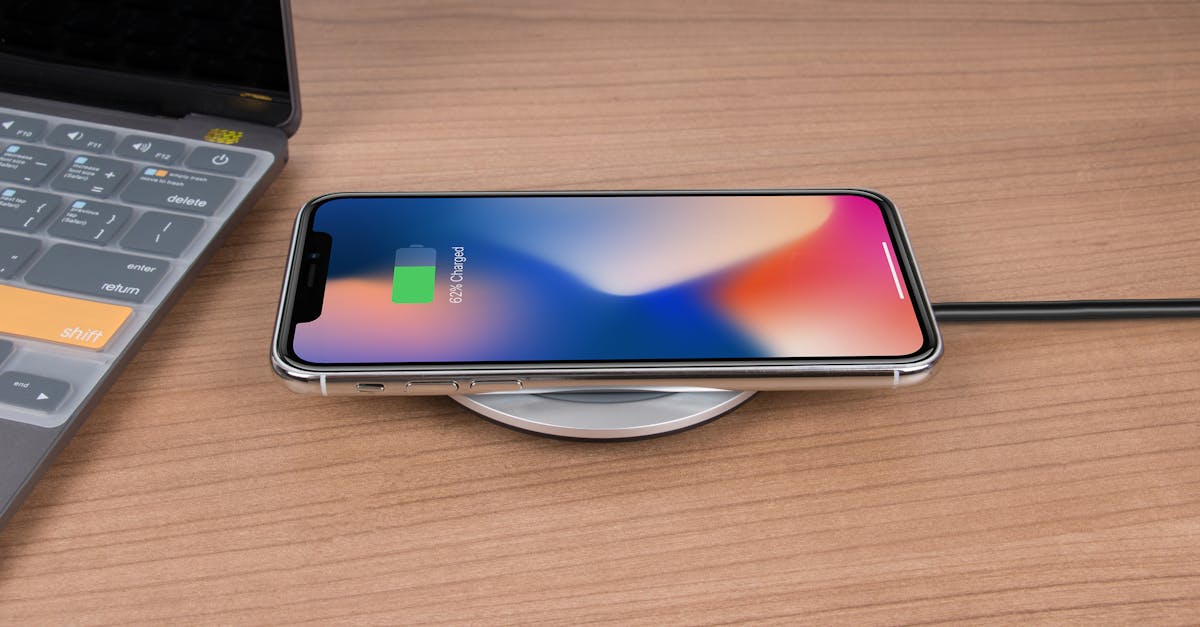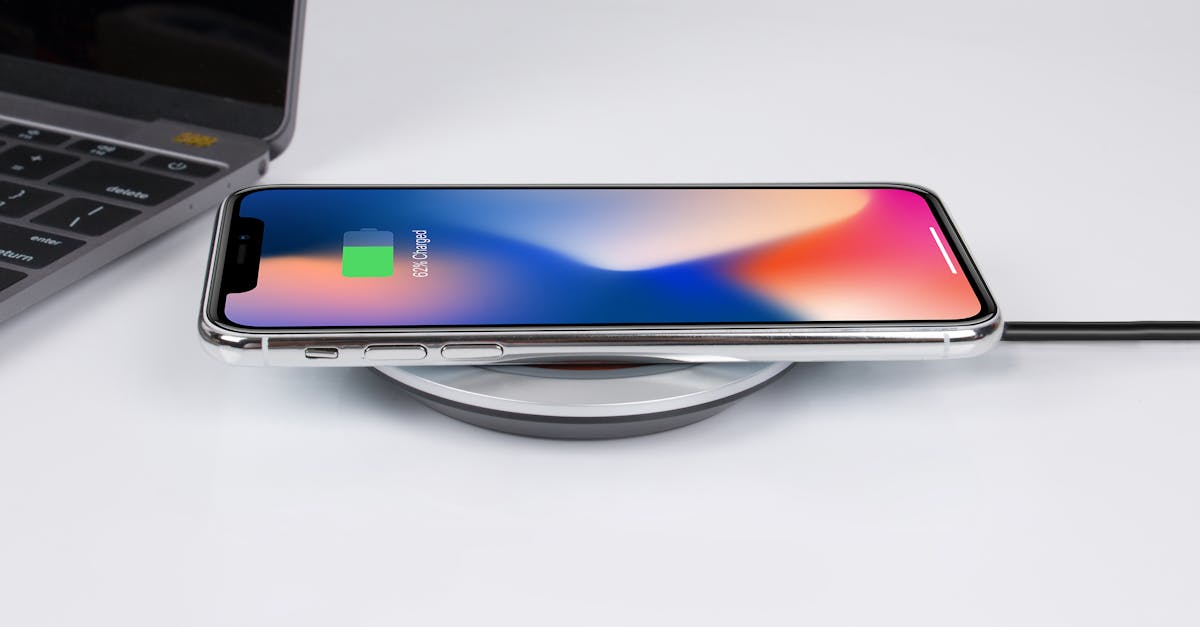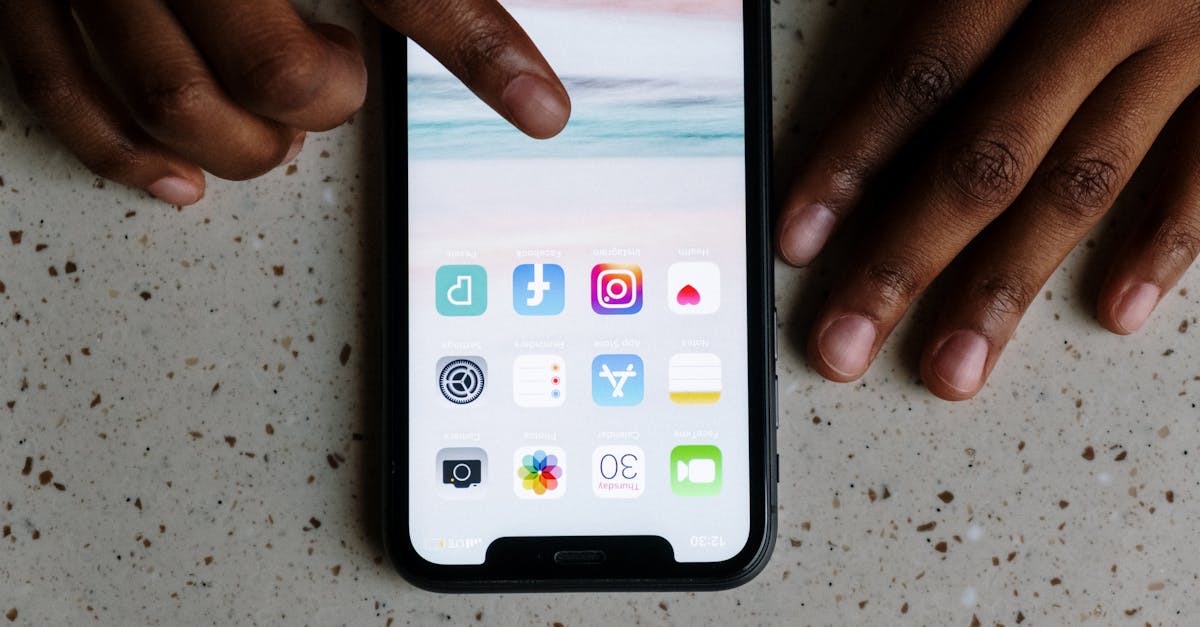Future Of Foldable Phones Innovations Challenges
Introduction
In recent years, the smartphone landscape has been revolutionized with the emergence of foldable phones. These innovative devices combine the compact convenience of a smartphone with the expansive display of a tablet. As technology advances, the future of foldable phones promises even more transformative innovations and challenges to overcome.
Advertisement
Evolution of Foldable Technology
Initially, foldable phones captured the market's fascination with their unique ability to transform from compact to expansive. Leading tech companies like Samsung and Huawei spearheaded this trend, propelling foldable phones from futuristic concepts to commercially viable products. Continuous developments in flexible OLED technology have driven this innovation further.
Advertisement
Enhancing User Experience
User experience is at the forefront of foldable phone innovation. Companies aim to create seamless transitions between folded and unfolded states, ensuring that apps and interfaces adapt seamlessly. Enhanced multitasking capabilities are also being prioritized, allowing users to interact with multiple applications side by side.
Advertisement
Challenges in Durability
One of the major challenges facing foldable phones is durability. Foldable screens, made of plastic polymers, are more prone to scratches compared to traditional glass screens. Manufacturers continue to explore resilient materials and advanced hinge mechanisms to withstand continuous folding without compromising screen integrity.
Advertisement
Adapting Software
Foldable phones necessitate software optimizations to fully leverage their unique capabilities. Android, for instance, has introduced features that enable apps to automatically adjust when transitioning from compact to expanded modes. Developers are increasingly tasked with creating applications that seamlessly adapt to these variable screen formats.
Advertisement
Battery and Efficiency
The added functionality of foldable phones often leads to increased power consumption. As a solution, manufacturers are developing advanced battery technologies and optimizing hardware efficiency to ensure longer usage times. Innovations in fast-charging capabilities are also playing a critical role in making foldable phones practical for everyday use.
Advertisement
Impact on the Smartphone Market
Foldable phones signify a significant evolution in the smartphone industry. By combining the features of both smartphones and tablets, they offer a unique proposition that could potentially redefine consumer preferences. Their growing popularity might accelerate a shift in the design philosophy and technological priorities of smartphone manufacturers globally.
Advertisement
Economic Considerations
Despite their allure, foldable phones are generally priced at a premium, making them less accessible to the average consumer. As the technology matures and production scales up, costs are expected to decrease. However, maintaining a balance between affordability and technological innovation remains a challenge for manufacturers.
Advertisement
Potential for Future Innovation
The future holds immense potential for the evolution of foldable phones. Envisioned innovations include rollable displays, enhanced AR capabilities, and integration of AI for intelligent task management. As materials science and software development converge, foldable phones might offer entirely new and compelling user experiences.
Advertisement
Conclusion
Foldable phones are poised to redefine technological possibilities. With their promising blend of portability and functionality, they represent a glimpse into the next phase of mobile innovation. As challenges are addressed and new features emerge, foldable phones could become the standard for future smartphone technologies.
Advertisement


